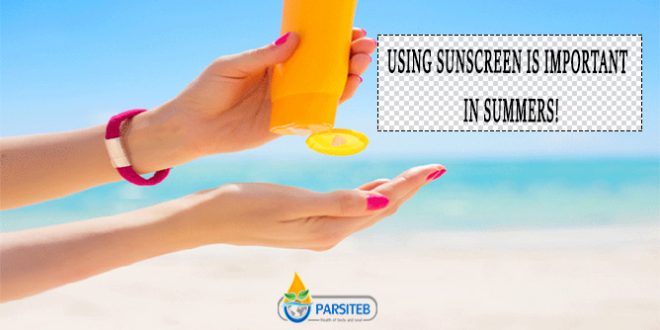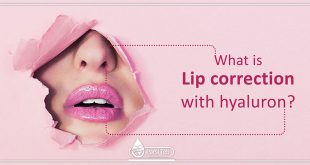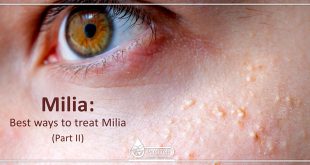
Sunscreen: Whether it’s cold or hot, sunny or rainy, sunscreen is the one step you should never skip before heading outdoors for the day. Applying (and reapplying!).
SPF protects your skin from the sun’s powerful UV rays, minimizing your risk of painful sunburns, skin cancer, and premature signs of aging, such as dark spots and wrinkles.

But with so many options on the market, shopping for the best sunscreen can be extremely overwhelming.
Do you go for chemical or physical sunscreens? Lotions or sprays?

Whether you’re looking for the best natural sunscreen, the best sunscreen for babies and kids, tinted sunscreens, or something that’s compatible with sensitive, finicky skin, there’s an option for you.
Important reminder
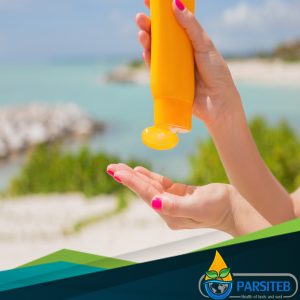
Sunscreen can expire, which makes it less effective. Even if last year’s bottle hasn’t hit its expiration date. That date is only valid if the product is stored in a cool, dry place.
So, be prepared to pick up a fresh bottle for the warmer months ahead.
How to choose the best sunscreen for your skin

Look for broad spectrum on the label
This ensures your SPF protects against both harmful UVA and UVB rays.
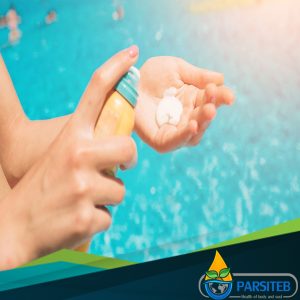
(UVA rays prematurely age skin and UVB rays’ burn; both can cause skin cancer.) Our experts recommend choosing SPF 30 or higher for daily use.
Go for water-resistant options

Even if you won’t be jumping in for a swim, a water-resistant sunscreen will stay on longer while you’re sweating.
If you are doing extensive outdoor activity, choose an SPF of 50 or higher to ensure you stay protected.
You should always reapply every two hours and after swimming or sweating.
When in doubt, choose lotions

They’re easy to apply generously and evenly—which is key in order for them to work effectively.
Similarly, wipes don’t typically provide even, adequate coverage and stick sunscreens require at least four swipes on each area of the skin to get the job done.
Ideally, you want to apply a shot glass-sized amount to your whole body.
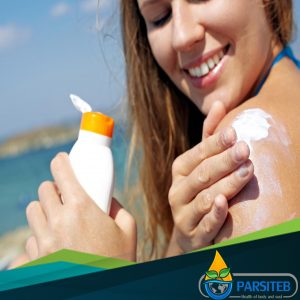
Formula matters
Physical or mineral sunscreens (made with zinc oxide or titanium dioxide) sit on top of the skin and deflect UV rays, while chemical sunscreens (made with ingredients like oxybenzone or avobenzone) work by absorbing them.
If your skin is sensitive or acne-prone, mineral sunscreens are typically your best bet. Plus, they’re a great option if you prefer a more “natural” product (they’re reef-safe!).
Reference: Prevention
Collected by: Dr. Sara Bakhshaei
 Parsi Teb Physical and Mental Health Journal
Parsi Teb Physical and Mental Health Journal 